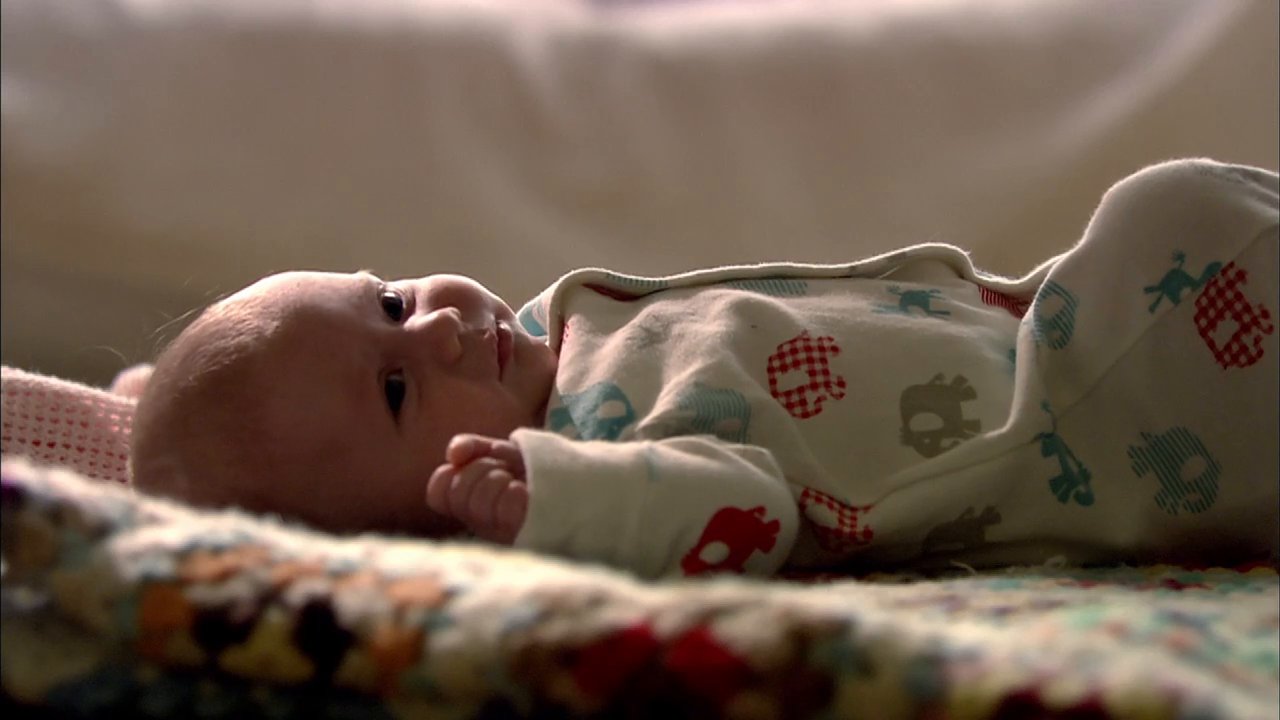
As soon as a little baby enters your home, there are lots of things you need to be aware of as potential safety hazards. These hazards grow in number as your baby becomes mobile.
Many accidents can be prevented in just one minute, simply by moving dangerous objects out of a baby’s or child’s reach.
Quite often, accidents happen at home because parents didn’t know their baby or toddler could actually reach so high, or could open cupboards. They grow up so fast, you need to keep a step ahead.
Handles of cooking pots should always be turned inwards, ideally on the back of the stove. NEVER have handles sticking out over the edge of the stove or bench.
Hair straighteners must never be left to cool on the floor or anywhere low. If babies or toddlers touch these, they may suffer from severe burns.
Change babies nappies on the floor rather than a changing table, especially once they’ve started to roll over they can fall extremely quickly.
Gates at top and bottom of staircases. Top gates shouldn’t have a bar across the bottom, which can be a trip hazard.
Always strap your baby properly into the highchair or pram. Never leave them alone in either.
Don’t leave babies alone with toddlers, young children or pets.
Don’t ever give a baby a whole, spherical food such as a grape or blueberry. They are choking hazards. Get into the habit of chopping them into small pieces. Children under 5 years old shouldn’t eat nuts.
Make sure your home is fitted with working Carbon monoxide and fire alarms.
All cleaning products should go in a very high cupboard.
Go down on your hands and knees and pick up any small objects or toys that babies might pop into their mouths.
Plastic bags and nappy sacks need to be kept in a high cupboard since they are a suffocation risk for babies.
Blind cords need to be tied up, well out of reach of babies and toddlers, who can get caught up in them and choked.
Ideally, do not warm babies’ food or milk in a microwave. Hotspots from microwave heated foods and liquids are a common cause of mouth burns in babies. If you have to use a microwave, stir the food or shake the liquid thoroughly and test before feeding.
Make sure kettle cables/ flexes can’t be pulled, babies pulling down boiling water on themselves from kettles, pots or hot drinks is a very common cause of severe burns.
When running a bath, always put the cold water in first, then warm up, so there is no chance of the baby getting into water that’s too hot.
Stay with your baby every second they are in the bath, ignore your phone.
Let the water out when the bath is finished.
Katrina Philips talks here about the further risks of leaving babies on their own.
For further information visit the Child Accident Prevention Trust